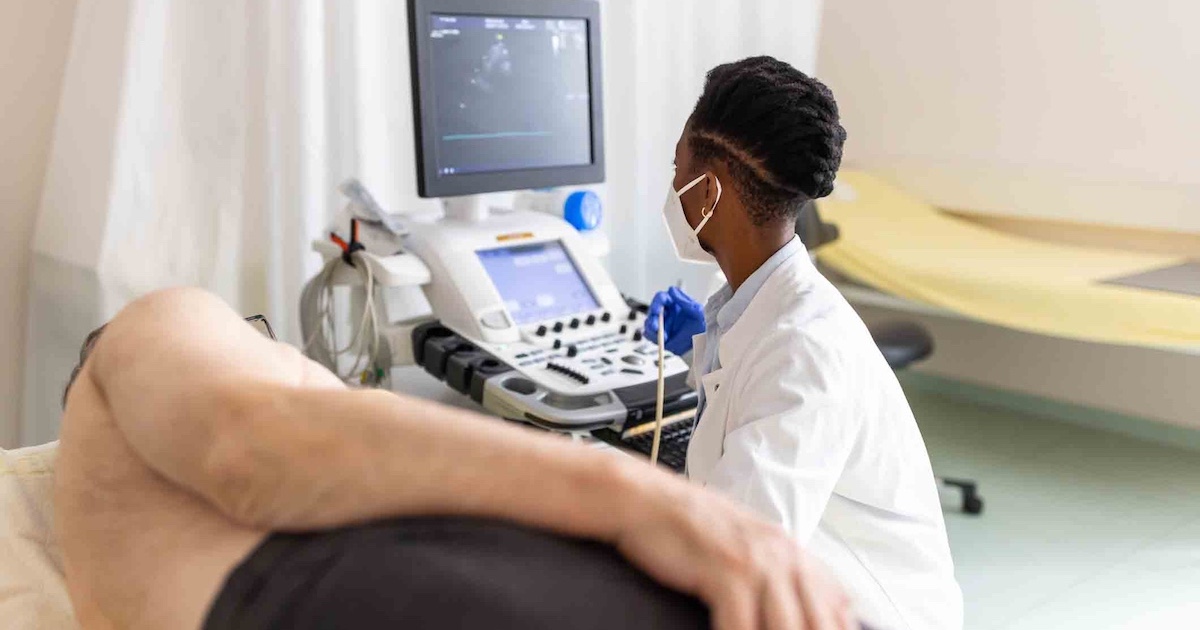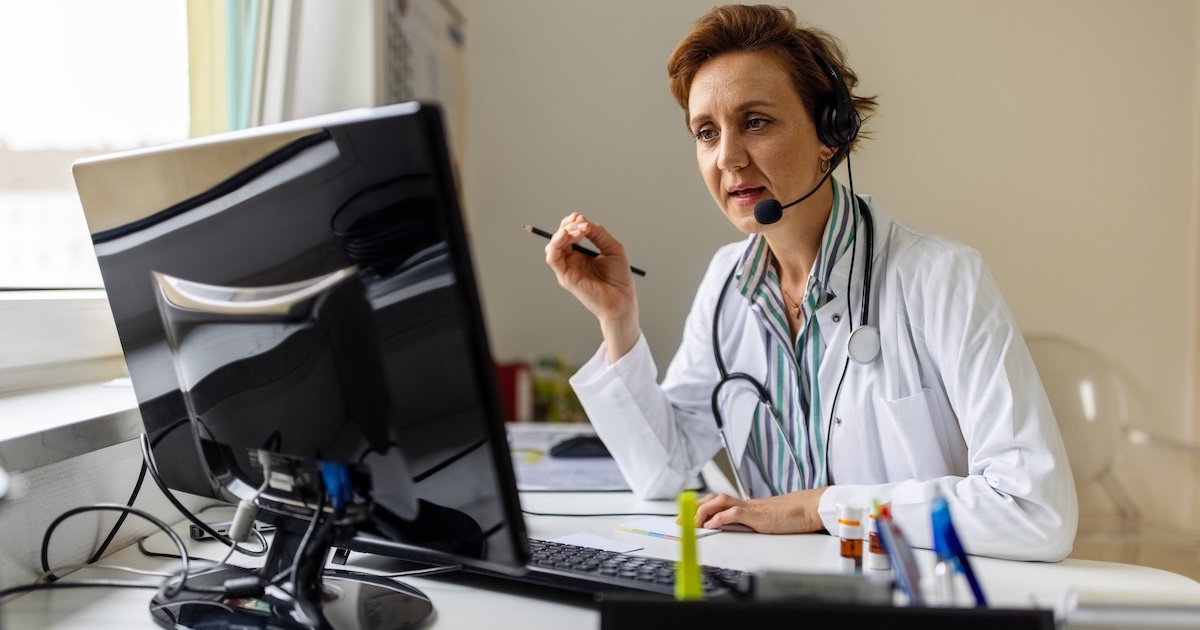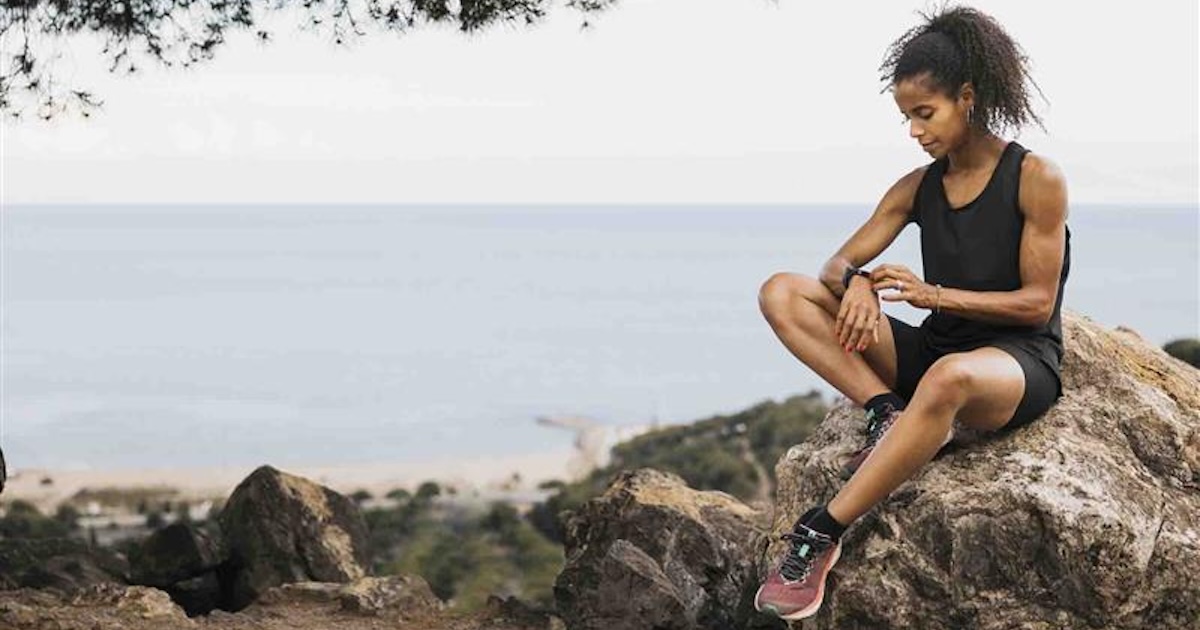Philips is making de-identified data from its nation-wide eICU program available to healthcare researchers to aid in valuable critical care research.
The company this week announced a deal with the Massachusetts Institute of Technology to allow MIT researchers to use data gathered from more than 100,000 patients of the Philips Hospital to Home eICU telehealth program.
The anonymized data will enable researchers at the Laboratory of Computational Physiology, part of MIT's Institute of Medical Engineering and Science, to better study critical care trends and outcomes. The data comes from hundreds of ICUs across the country participating in the Philips telehealth program, an amount equal to about 10 percent of the nation's adult ICU beds, and is managed by the Philips eICU Research Institute. It includes vital signs, pharmacy mediation orders, lab results, diagnoses and illness severity scores, and will be made available through PhysioNet.
The partnership goes far beyond the claims data currently available to researchers, and offers a more in-depth look at a patient's journey through the ICU.
"Researchers are always looking for better, more accurate and comprehensive data that enables a holistic representation of the patient experience," Leo Anthony Celi of MIT said in a press release issued by Philips. "The quality and resolution of the data Philips has been collecting in the critical care domain is unprecedented. This kind of access will provide researchers with data that will enable investigations otherwise unimaginable."
"We're proud to be leading the charge in the industry by opening up our data to independent researchers to allow them to conduct more meaningful analyses related to critical care medicine," Derek Smith, senior vice president, of Philips' Hospital to Home program, said in the release. "This initiative will make it easier for researchers to share methods and findings, bypassing the need to reinvent the wheel with each new research project."


